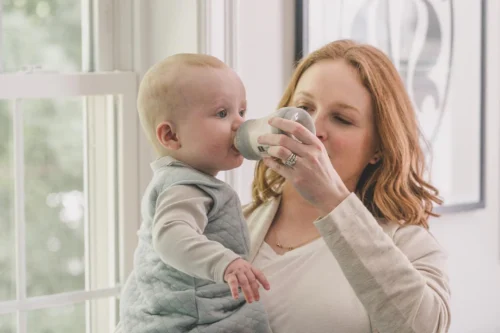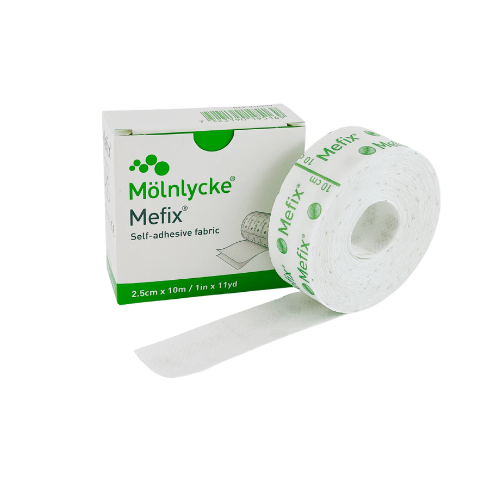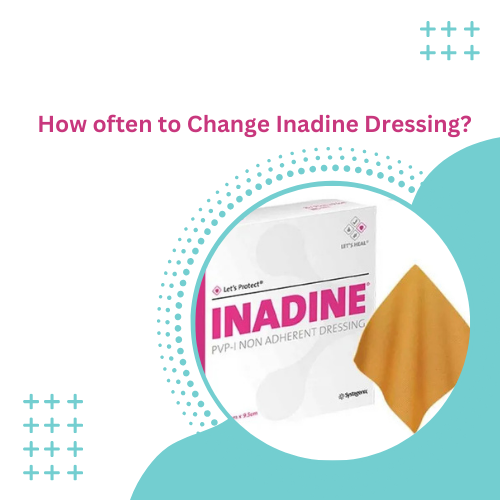Bringing home your newborn is an exciting yet nerve-wracking experience. One common concern for new parents is whether their baby is eating enough. While every baby is different, there are some helpful guidelines to determine if your little one is getting the nourishment they need.
How Much Should Your Baby Eat? During the first six months, your baby’s feeding habits will change significantly. Here’s a breakdown of what to expect:
- Newborn to 2 Months: In the first month, your baby will need to eat 8-12 times daily, or roughly every 2-3 hours. For breastfed babies, this might even mean feeding every 30 to 90 minutes, up to 15 times a day. If your baby isn’t waking up for feedings, gently wake them to ensure they stay on schedule.
- Breastfeeding: Your baby will likely spend 10-20 minutes nursing at each feeding. Some may nurse longer, but make sure they’re actively sucking and swallowing.
- Formula Feeding: Plan for your baby to drink about 1.5 to 3 ounces at each feeding, increasing to 2 ounces after the first month.
- 2 to 4 Months: At this stage, your baby will likely be drinking 4-5 ounces every 3-4 hours. As they grow, their appetite will increase accordingly.
- 4 to 6 Months: Some babies will need up to 6 ounces of breastmilk or formula per feeding, and your pediatrician may suggest introducing solid foods. If exclusively breastfeeding, you may be advised to wait longer before introducing solids.
- 6 Months: By now, many babies are drinking as much as 8 ounces at a time, but they may go longer between feedings as solids begin to supplement their diet.
It’s important to remember that feeding amounts can vary from day to day, especially during growth spurts. Your baby will naturally adjust their intake based on their needs, so trust their cues.
Signs Your Baby is Full You’ll know your baby has had enough to eat if they:
- Pull away from the breast or bottle
- Fall asleep during feeding
- Shake their head or keep their mouth closed
These behaviors can also help prevent overfeeding.
How to Know Your Baby is Eating Enough Look for these signs that your baby is getting enough nourishment:
- Wet Diapers: After the first few days, your baby should have six to eight wet diapers (cloth) or five to six (disposable) per day. They should also have two to five bowel movements daily.
- Steady Weight Gain: After the first two weeks, your baby should gain about 4-7 ounces per week until six months, then about 3-5 ounces per week from 6 to 18 months.
- Happy and Active Baby: A well-fed baby will be alert, active, and generally content between feedings.
When to Be Concerned If you notice any of the following signs, it may be time to contact your pediatrician:
- Dark urine
- Your baby prefers sleeping over eating
- Difficulty latching onto the breast or pulling away from feedings
- Fussiness right after feeding
- Fewer wet or soiled diapers than expected
Parenting involves learning to trust your instincts, so if something feels off, don’t hesitate to reach out to your doctor for reassurance or advice.
Providing the right nutrition is key to your baby’s development, and with time, you’ll become more confident in understanding their needs.




